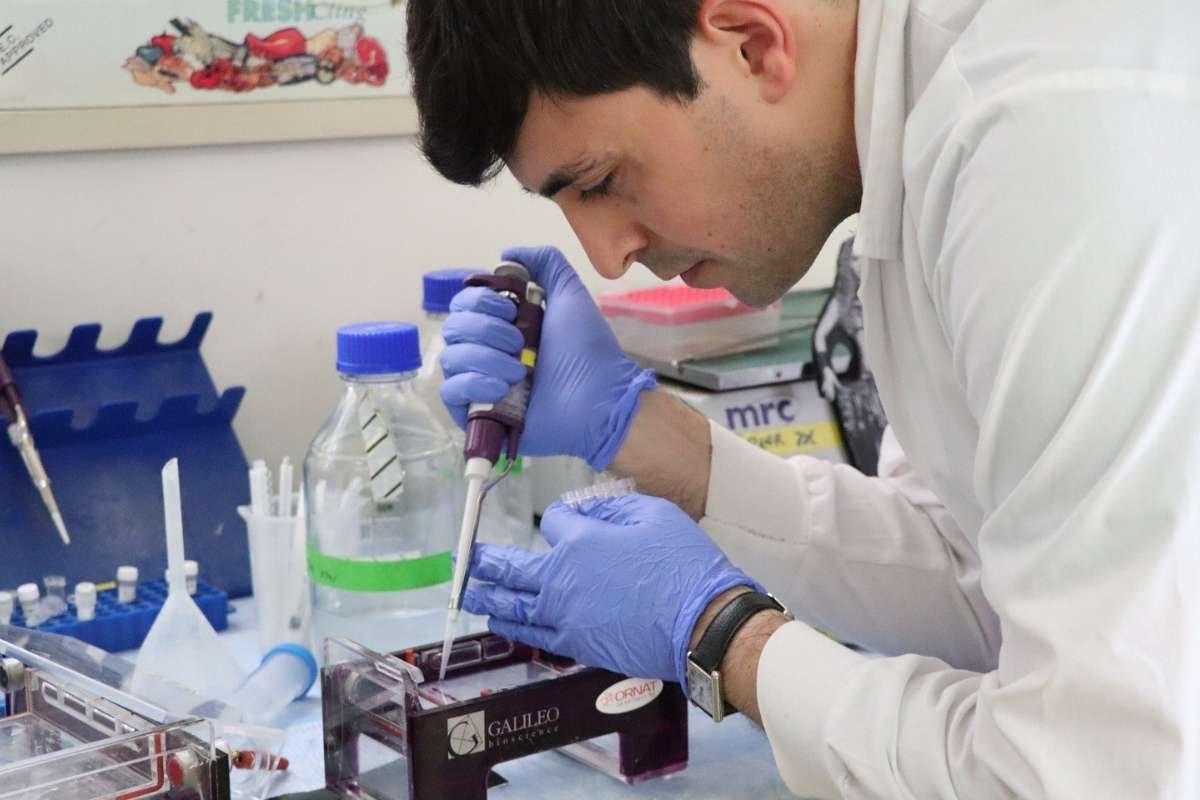Pharmaceuticals and biotechnology are the two primary sectors that have dominated the healthcare and life science industries over the years. Though pharmaceutical industry is known for the development of drugs for improving human health and therapies for the same purpose. However, these two operations are on a different spectrum entirely. The debate of Pharmaceutical vs biotech keeps cropping up among the masses whenever the investors, researchers and even consumers try to figure out the difference between these two fields.
The major difference we can identify is that Pharmaceutical companies are known for focusing on chemically synthesized drugs, and on the other hand, biotech firms are using living organisms and biological methods for the development of treatment options. Regardless of how different they are from one another, they share the same challenges on their way of growth in research, innovation and regulation.
In this article, we will understand the debate of Pharmaceutical vs biotech companies and also find their similarities and differences.
Biotech vs. Pharma: The Similarities
Although biotechnology and pharmaceutical companies have distinct business models, they share several core similarities:
1. Focus on Drug Development

Both pharmaceutical and biotech companies aim to develop drugs that treat, prevent, or manage diseases. Whether it’s a small-molecule drug from a pharma company or a biologic from a biotech firm, the end goal remains the same: improving patient outcomes.
2. Stringent Regulatory Oversight
The drug development process in both industries is subject to rigorous regulatory approval. Organizations like the FDA (Food and Drug Administration) in the U.S. and the EMA (European Medicines Agency) in Europe oversee clinical trials and product approvals to ensure safety and efficacy.
3. Extensive Research and Development (R&D) Investments
Both sectors require significant investment in R&D. The process of developing a new drug or therapy often takes years and involves billions of dollars. Biotech and pharmaceutical companies alike conduct clinical trials, laboratory testing, and long-term studies before a product reaches the market.
4. Collaboration with Academic and Research Institutions
To drive innovation, both biotech and pharmaceutical firms often collaborate with universities, research institutions, and hospitals. These partnerships help bring cutting-edge research into real-world applications.
5. Global Market Influence
Both industries contribute significantly to the global economy. Major companies in Pharmaceutical vs Biotech have international reach, with markets spanning North America, Europe, and Asia. Their impact on healthcare, employment, and investment is undeniable.
While these similarities highlight their shared mission, biotech companies differ from pharma companies in various critical aspects.
How Are Biotech Companies Different Than Pharma Companies?

1. Source of Drug Development
The primary distinction in the Pharmaceutical vs Biotech debate lies in how drugs are developed:
- Pharmaceutical companies create drugs using chemical compounds and synthetic processes. These are often referred to as small-molecule drugs (e.g., aspirin, statins).
- Biotech companies develop treatments using biological systems, including living cells, proteins, and genetic material. These are called biologics (e.g., monoclonal antibodies, gene therapies, and vaccines).
2. Innovation and Scientific Approach
Pharmaceutical companies rely on traditional chemistry and drug formulation techniques. On the other hand, biotech firms leverage breakthroughs in genetic engineering, molecular biology, and bioinformatics to create cutting-edge therapies.
For instance, biotech innovations like CRISPR gene editing, mRNA vaccines, and stem cell therapies are revolutionizing modern medicine.
3. Business Model and Revenue Generation
- Pharmaceutical firms often have diversified portfolios with multiple drugs, generics, and over-the-counter medications. They generate revenue by selling high-volume, mass-market drugs.
- Biotech companies focus on specialized, high-cost treatments, particularly in areas like cancer, rare diseases, and immunotherapy. Their business model is often high-risk, high-reward, as they depend on breakthrough innovations.
4. Drug Development Timeline
Due to the complexity of biologics, biotech companies often have longer development timelines than pharmaceutical firms. Traditional pharma drugs typically take 10–15 years to develop, while some biotech therapies may take even longer due to complex clinical trials and regulatory scrutiny.
5. Manufacturing and Production Process
- Pharma companies manufacture drugs in large-scale facilities using chemical synthesis.
- Biotech companies require specialized biomanufacturing setups where biological agents (such as bacteria, yeast, or mammalian cells) are cultured to produce drugs.
For example, insulin, originally derived from animal sources, is now mass-produced by biotech firms using genetically modified bacteria.
6. Risk and Investment
The Pharmaceutical vs Biotech industries differ significantly in terms of financial risk.
- Pharma companies have a more stable financial model due to diversified revenue streams from multiple drugs, including generics and blockbuster medications.
- Biotech firms are often startups or smaller companies focusing on breakthrough research. Many rely on venture capital funding and may take years before turning profitable.
7. Market and Industry Landscape

- Pharmaceutical giants like Pfizer, Johnson & Johnson, and Merck dominate the industry with long-established brand names.
- Biotech firms, such as Moderna, Genentech, and BioNTech, are known for pioneering medical breakthroughs, such as mRNA vaccines and targeted cancer therapies.
Learn More: Top Nutraceutical Companies in 2025: Leaders in Health and Wellness Innovation
Conclusion
The constant debate of pharmaceutical vs Biotech is not about competition, but it is to make sure we understand how being different from each other, these two fields contribute to medical innovation. The core of pharmaceutical firms is to develop chemical-based drugs for widespread conditions, and biotech is about making a breakthrough by designing biologically derived therapies for complicated diseases. Both of these sectors are equally important in order to bring healthcare advancement, they require collaboration, research and investment to create life-saving courses of treatment for patients across the globe.
With time, science is evolving continuously the line between the pharmaceutical vs biotech debate is fading away, It is possible because many pharmaceutical companies have started investing in biotech solutions. Finally, both the companies are coming together on a common ground for improving healthcare globally by making cutting-edge medical inventions.
FAQ:
1. Is biotech better than pharma?
Pharma if you prefer a direct application in healthcare and drug development. Opt for Biotechnology if you enjoy laboratory work and genetic research.
2. What is the difference between biopharmaceutical and biotech?
The main difference between these two sectors is how they operate. Biotechnology tends to be more academic and lab-based, focusing on research and development. Biopharma is more about the creation and distribution of final products derived from this research. That said, biotech and biopharma are closely connected.
3. What is the difference between biotechnology and pharmaceutical sciences?
Biotech utilizes living organisms or their components to develop new drugs and therapies, while pharma relies on chemical synthesis to produce medications. This fundamental difference gives biotech an advantage when it comes to developing novel treatments that target specific biological mechanisms.









